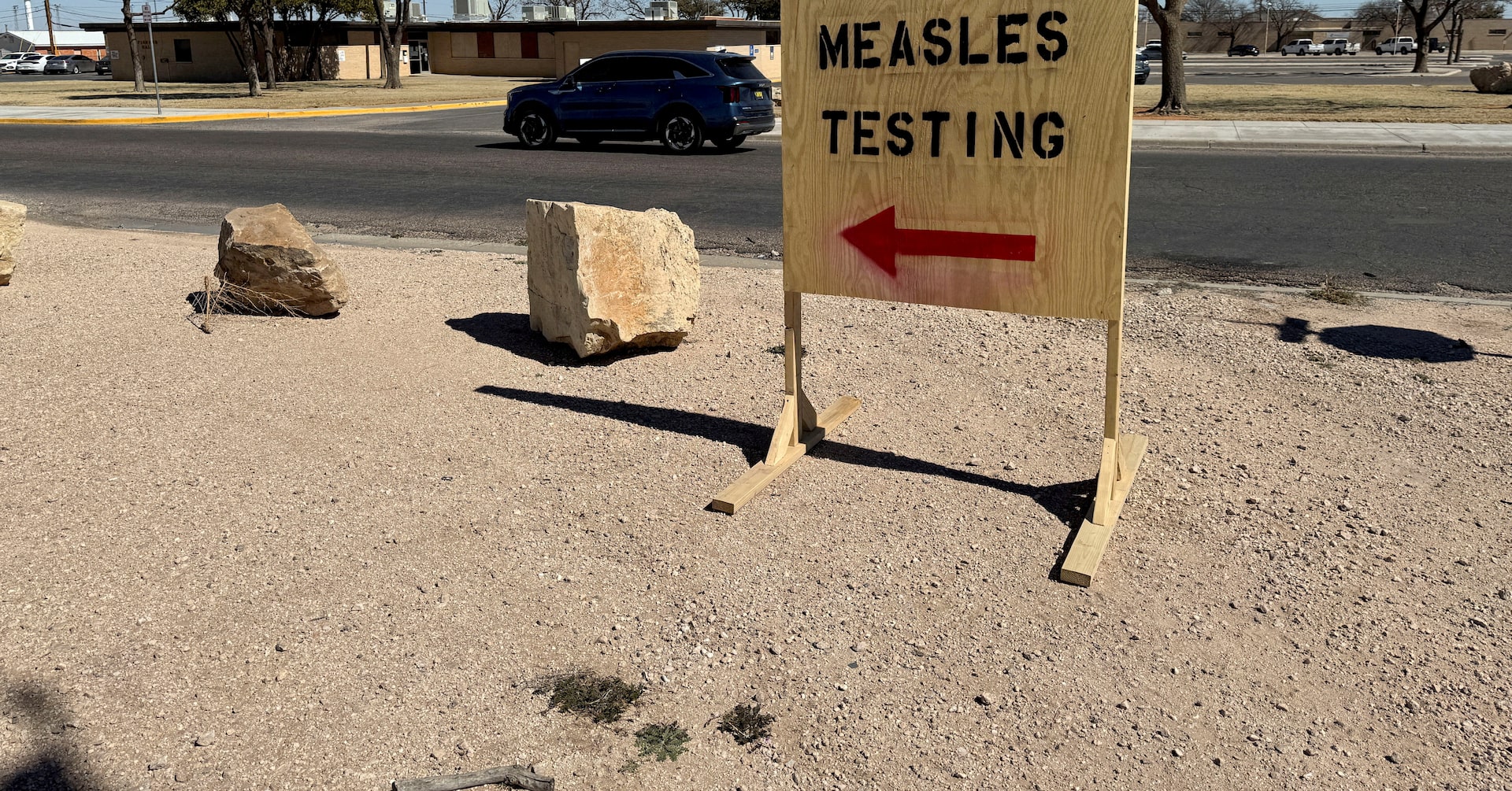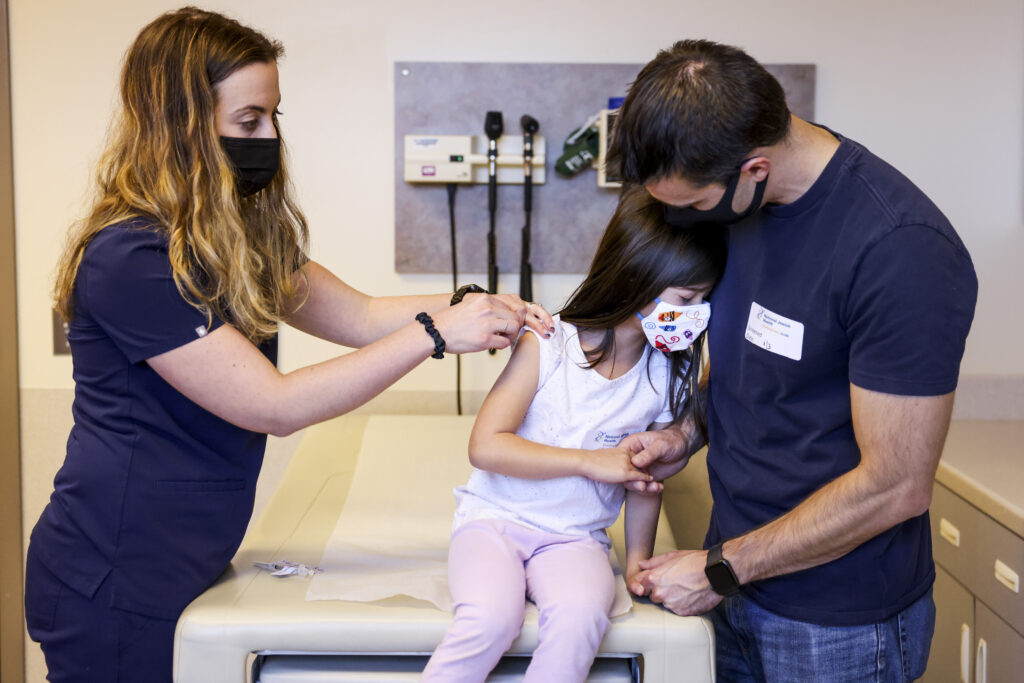Lone Star Outbreak: Texas Battles Surge in Measles as Cases Skyrocket to 624
Health
2025-04-22 15:41:28Content

Texas is grappling with a rapidly spreading measles outbreak, with state health officials reporting a significant surge in cases. As of Tuesday, the Texas Department of State Health Services confirmed 624 measles infections, marking a sharp increase of 27 cases since April 18th. This escalating health concern has prompted increased vigilance and public health interventions across the state.
The rising number of cases underscores the importance of vaccination and early detection, as health authorities work diligently to contain the spread of this highly contagious disease. Residents are urged to stay informed, check their immunization status, and consult healthcare professionals if they suspect any symptoms.
Measles Outbreak Surges: Texas Faces Unprecedented Health Challenge
In a startling development that has caught the attention of public health officials and concerned citizens alike, Texas is grappling with a rapidly escalating measles crisis that threatens to overwhelm healthcare systems and put vulnerable populations at significant risk.Urgent Public Health Alert: Measles Cases Skyrocket Across the Lone Star State
The Alarming Spread of a Preventable Disease
The measles outbreak in Texas has become a critical public health emergency that demands immediate and comprehensive intervention. Unlike typical disease transmission patterns, this outbreak reveals complex underlying issues in vaccination coverage and community health infrastructure. Medical experts are deeply concerned about the exponential growth of cases, which suggests potential systemic vulnerabilities in disease prevention strategies. Epidemiologists have been meticulously tracking the transmission patterns, identifying potential clusters and high-risk areas within the state. The rapid increase from previous reported cases indicates a potentially explosive spread that could overwhelm local healthcare resources. Each new infection represents not just a individual health risk, but a potential gateway to broader community transmission.Understanding the Epidemiological Landscape
The current measles situation in Texas represents more than a simple statistical increase. It reflects deeper challenges in public health communication, vaccine hesitancy, and community immunization strategies. Healthcare professionals are particularly worried about the potential for rapid transmission in densely populated urban centers and communities with lower vaccination rates. Comprehensive data analysis reveals that the outbreak is not uniformly distributed across the state. Certain regions demonstrate significantly higher infection rates, suggesting localized factors contributing to disease spread. These hotspots require targeted interventions, including intensive vaccination campaigns, public education, and potentially emergency medical resources.Public Health Response and Strategic Interventions
State health authorities are mobilizing unprecedented resources to combat the measles outbreak. This includes emergency vaccination clinics, comprehensive public awareness campaigns, and collaborative efforts between local health departments, medical institutions, and community organizations. The goal extends beyond mere containment—it's about preventing potential long-term health complications and protecting the most vulnerable populations. The Texas health department has implemented a multi-pronged approach that includes aggressive contact tracing, free vaccination programs, and real-time data monitoring. These strategies aim to not only slow the current outbreak but also establish more robust disease prevention frameworks for future potential health challenges.Long-Term Implications and Community Resilience
Beyond the immediate health crisis, this measles outbreak serves as a critical wake-up call for broader public health preparedness. It highlights the essential role of consistent vaccination programs, robust healthcare infrastructure, and effective community education. The current situation demands a holistic approach that addresses not just medical interventions but also underlying social and educational factors that influence health behaviors. Medical researchers are simultaneously conducting in-depth studies to understand the specific transmission dynamics of this outbreak. Their findings could provide crucial insights into preventing similar health emergencies in the future, potentially informing national public health strategies.RELATED NEWS
Health

Breaking: Myelofibrosis Patients Face Steep Healthcare Challenges with Ruxolitinib Treatment
2025-03-16 16:29:00
Health

Dogecoin Disruption: Crypto Glitch Paralyzes Healthcare Payments, Sparking Salary and Service Delays
2025-04-19 11:01:12






